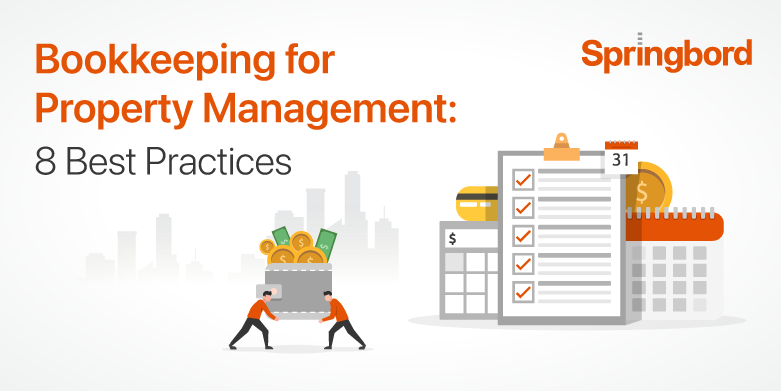M
E
N
U
Property management accurately determines a property’s profitability is essential, whether it involves personal or rental properties. Effective financial management is not just about keeping the books; it directly contributes to tax savings, reduces operating expenses, and boosts rental income, thereby enhancing overall return on investment (ROI). The sector’s substantial market size, reaching approximately $101.3 billion
Introduction In property management, precise bookkeeping is not just a necessity but a cornerstone of success. Accurate financial records ensure compliance, foster investor confidence, and facilitate informed decision-making. However, the complexities of managing multiple properties, tenants, and financial transactions can pose significant challenges. In this blog, we will delve into ten advanced bookkeeping practices essential
It may be difficult and time-consuming to oversee the financial operations of a property management company. As firms grow and portfolios expand, maintaining accurate financial records, handling compliance, and ensuring timely reporting becomes increasingly challenging. A strategic option that offers cost savings and operational efficiency is outsourcing bookkeeping services. Property management companies can optimize financial
Effective asset and liability management is essential for maintaining financial stability and optimising investment returns in the dynamic and frequently unpredictable world of real estate. This aspect of financial management involves tracking and balancing the properties and debts held by a real estate business. Proper management allows businesses to maximize the value of their assets
Effective management of property management fees and commissions is an important aspect of financial stewardship for real estate businesses. Precise bookkeeping practices are important in property management, where revenue streams range widely from leasing fees to maintenance charges. To ensure accurate financial reporting, real estate firms must navigate complex fee structures and adhere to strict
In the dynamic and detail-oriented world of real estate, the precision of financial management not only defines operational efficiency but also underpins strategic agility and competitive advantage. As the industry contends with complex transactions, fluctuating markets, and stringent regulatory requirements, the role of specialized bookkeeping becomes not just a necessity but a strategic asset. At
The rigorous demands of real estate investment underscore the vital role of proficient bookkeeping. Beyond mere transaction recording, efficient bookkeeping serves as the compass guiding investors through the complex landscape of financial management, compliance, and strategic planning. The dynamic nature of real estate, with its multifaceted transactions, amplifies the need for a meticulous approach to








